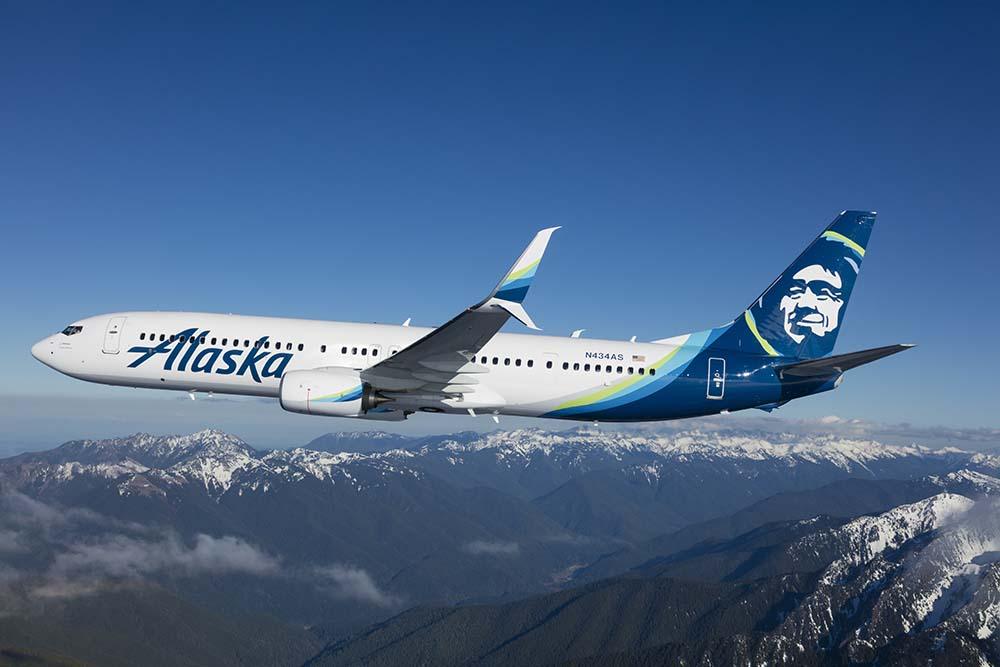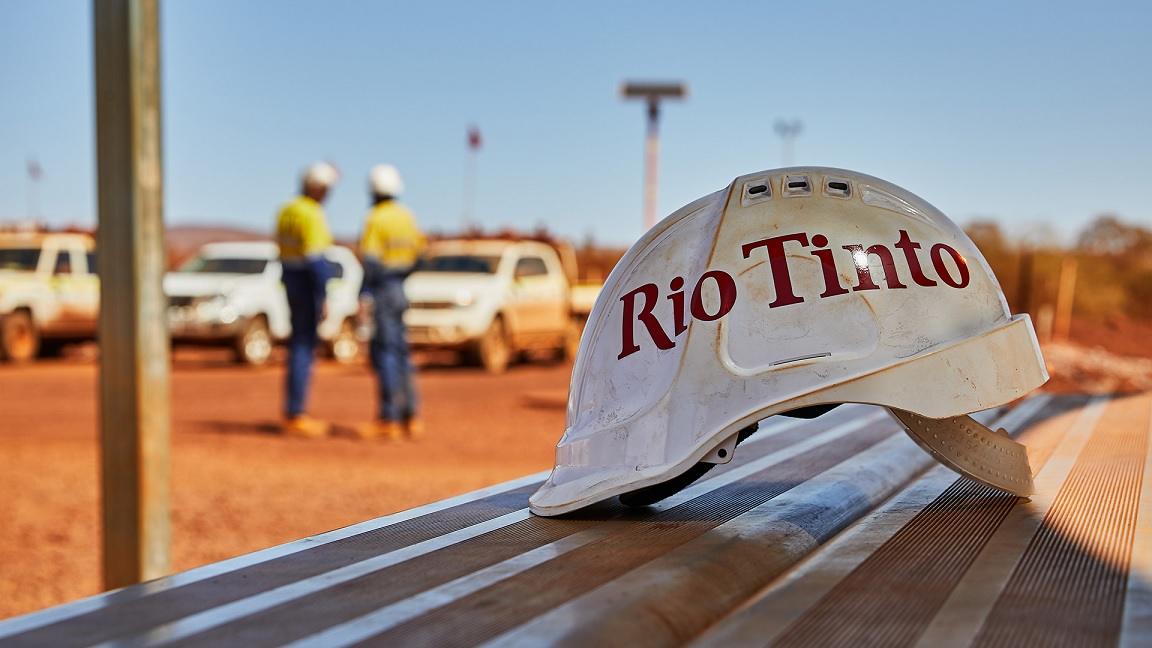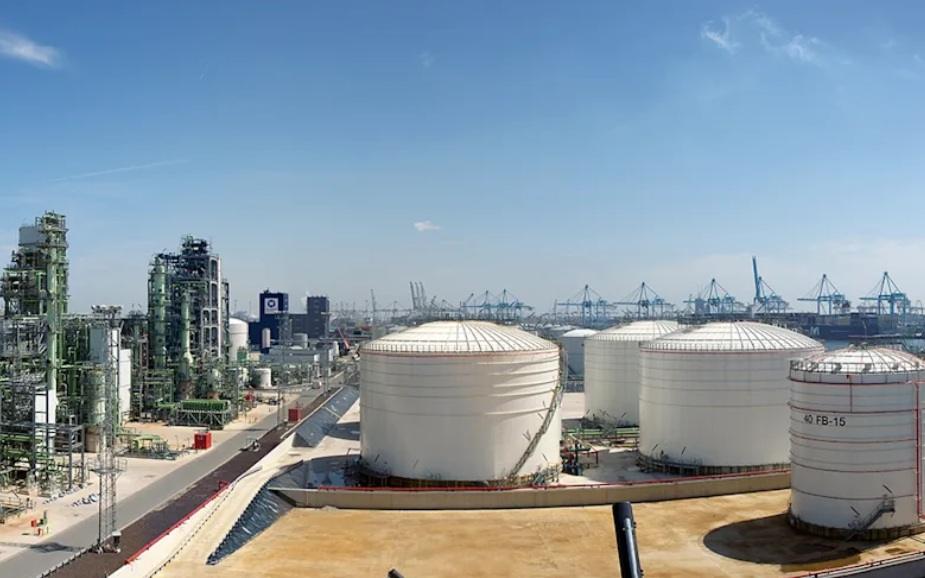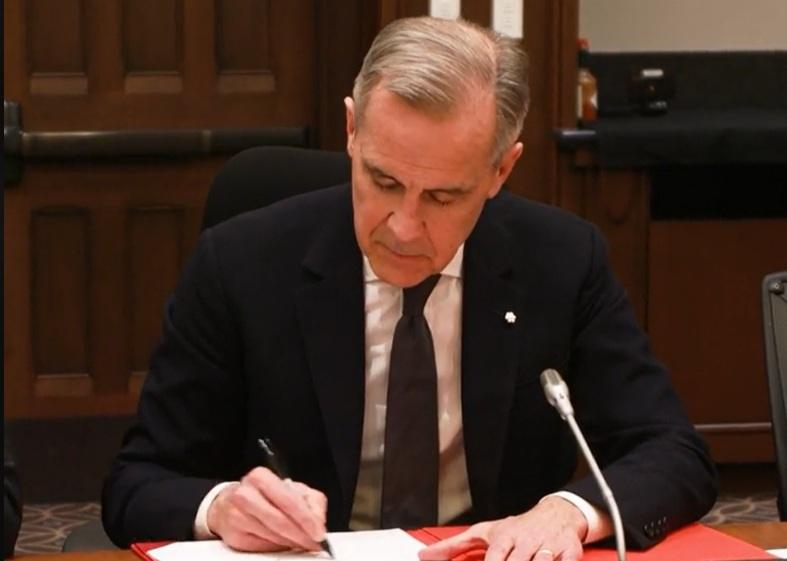Microsoft and Alaska Airlines Partner to Reduce Environmental Impact of Business Travel
Microsoft and Alaska Airlines announced that they have entered into a partnership aimed at reducing the environmental impact of Microsoft employees’ business air travel through the use of sustainable aviation fuel (SAF). According to the companies, the partnership is the first of its kind in the U.S., and is intended to act as a model for other companies and organizations committed to reducing the environmental impact of business air travel.
Air transport has come under increasing scrutiny in recent years as a significant contributor to GHG emissions. According to European Commission estimates, aviation accounts for 2% of global GHG emissions. Without efficiency improvements, aviation emissions are likely to increase along with the steady rise in air travel forecast over the next several decades. SAF is seen by market participants as one of the key tools for the industry to address its emissions impact. SAF is generally produced from sustainable resources, like waste oils and agricultural residues, or even from carbon captured from the air, rather than from fossil fuels.
Under the new agreement, Microsoft will offset CO2 emissions from employee travel between Seattle-Tacoma International Airport to San Francisco International Airport, San Jose International Airport, and Los Angeles International Airport — the three most popular routes traveled by Microsoft employees on Alaska Airlines – through the purchase of SAF credits from SAF supplier SkyNRG. The SAF will then be delivered to the airport fueling system used by Alaska Airlines.
According to the companies, the SAF supplied by SkyNRG under this agreement is produced in the U.S. by World Energy using waste oils and delivers a carbon reduction of approximately 75% compared with fossil jet fuel.
Brad Tilden, CEO of Alaska Airlines, said:
“After a decade advancing sustainable aviation fuel, this partnership marks a significant milestone in the work to make SAF a commercially-viable aviation fuel alternative. SAF enables us to fly cleaner and reduce our impact on the environment. However, we cannot do this alone — we must work together with other industries and business leaders like Microsoft and SkyNRG, among others who are thinking big, to achieve our goals and grow the marketplace for SAF.”
Judson Althoff, Executive Vice President of Microsoft’s Worldwide Commercial Business, said:
“We are excited to partner with Alaska Airlines to make business air travel a little greener by using sustainable aviation fuel supplied by SkyNRG to reduce the carbon impact of the flights Microsoft employees fly most. We hope this sustainable aviation fuel model will be used by other companies as a way to reduce the environmental impact of their business travel.”
Theye Veen, Managing Director, SkyNRG, said:
“The emergence of a SAF production system and market is a once-in-a-century opportunity to launch a new energy source for an entire industry, guided by strong sustainability standards from day one. We are very pleased to be joined by leading companies Microsoft and Alaska Airlines in this next step.”
Microsoft, Alaska Airlines and SkyNRG also stated that they are supporting the development of a global environmental accounting standard for voluntary corporate SAF purchases through their participation in a pilot project of the World Economic Forum’s Clean Skies for Tomorrow initiative. The companies plan to hold supplier and corporate forums to share learnings and increase interest in using SAF to lower the carbon emissions from business travel. In addition, Microsoft will become the newest member of SkyNRG’s Board Now coalition. By joining the coalition, Microsoft commits to reduce carbon emissions from flying and to directly contribute to the development of new SAF production capacity






